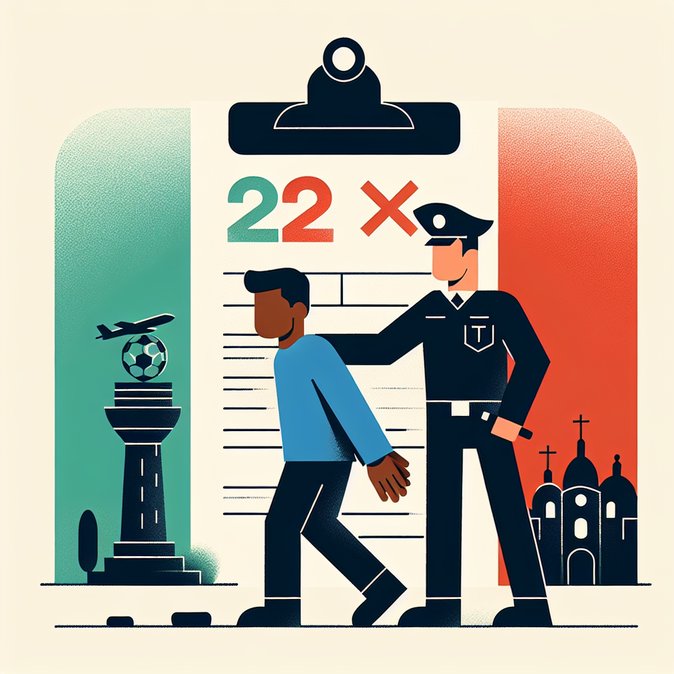
Border-police officers in the southern port of Crotone arrested a 32-year-old Bangladeshi man discovered among 57 migrants rescued by the NGO vessel *Sea-Eye 5*. Checks during disembarkation on 6 November revealed that the individual had been expelled from Italy in 2024 with a ten-year re-entry ban.
The man now faces up to four years’ imprisonment under Article 13 of Italy’s Immigration Consolidated Act for unlawful re-entry, and prosecutors have requested fast-track trial. Authorities stressed that systematic biometric screening at Calabria’s arrival hotspots—part of Italy’s preparations for the EU Entry/Exit System—was crucial in flagging the repeat entrant.
![Bangladeshi National Arrested in Crotone for Re-entering Italy After Prior Expulsion]()
For employers sponsoring non-EU talent, the case underscores the consequences of overstays and illegal returns: prior expulsion bars cannot be overridden by job offers or family ties. Human-resource teams should perform diligence on candidates’ visa history and advise overstaying staff to regularise status through voluntary departure rather than risk a re-entry ban that would block future assignments across the Schengen Area.
The incident also spotlights pressure on Calabria’s asylum facilities as autumn sea crossings rise; companies relocating staff to southern Italy should factor potential delays in local police-headquarters appointment availability for residence-permit issuance.
The man now faces up to four years’ imprisonment under Article 13 of Italy’s Immigration Consolidated Act for unlawful re-entry, and prosecutors have requested fast-track trial. Authorities stressed that systematic biometric screening at Calabria’s arrival hotspots—part of Italy’s preparations for the EU Entry/Exit System—was crucial in flagging the repeat entrant.

For employers sponsoring non-EU talent, the case underscores the consequences of overstays and illegal returns: prior expulsion bars cannot be overridden by job offers or family ties. Human-resource teams should perform diligence on candidates’ visa history and advise overstaying staff to regularise status through voluntary departure rather than risk a re-entry ban that would block future assignments across the Schengen Area.
The incident also spotlights pressure on Calabria’s asylum facilities as autumn sea crossings rise; companies relocating staff to southern Italy should factor potential delays in local police-headquarters appointment availability for residence-permit issuance.











